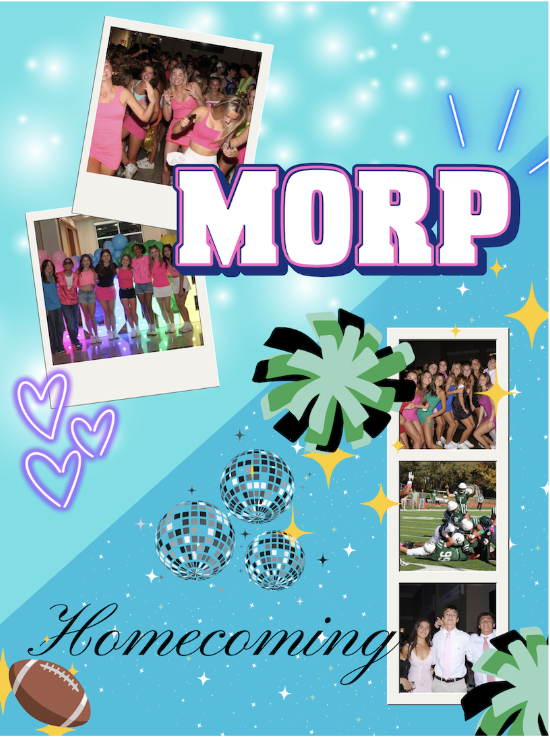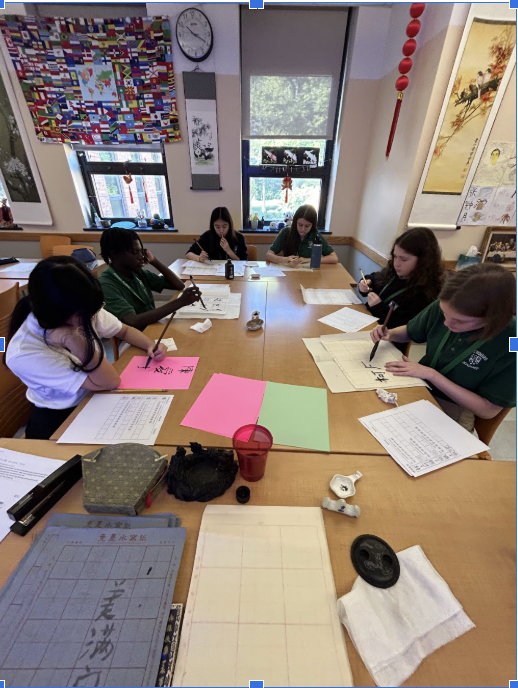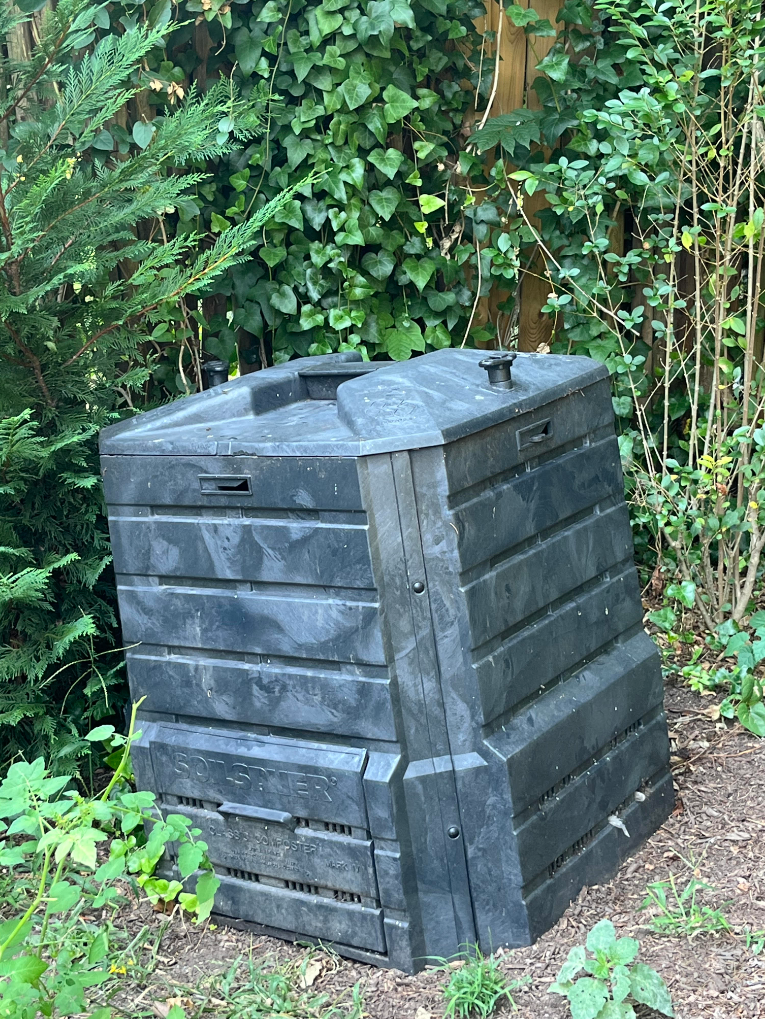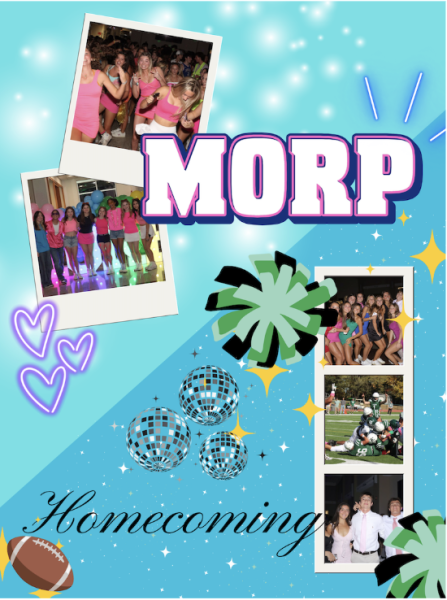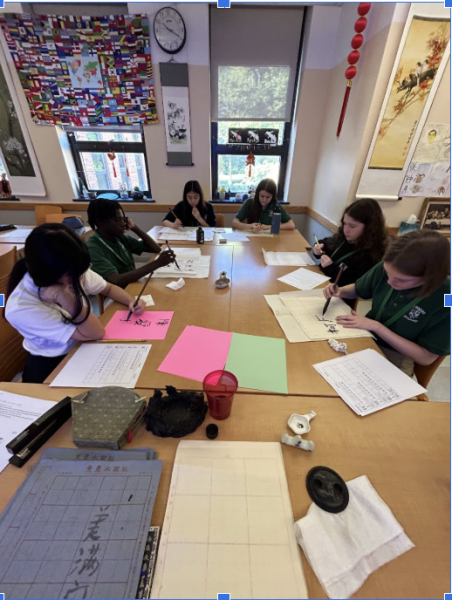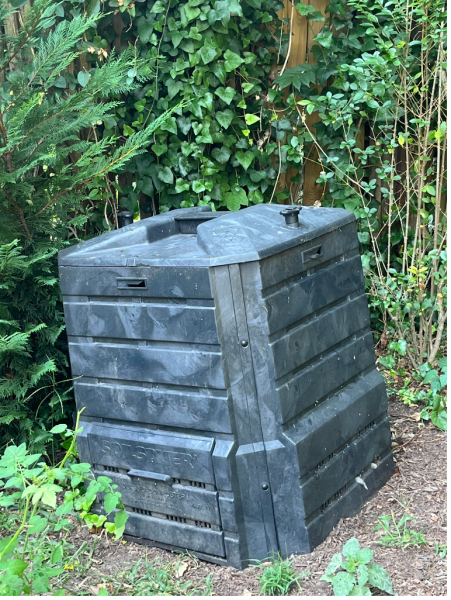AI Technology Expands Influence: ChatGPT Sparks Debate at Archmere
The rise of new technological development, ChatGPT, has inspired debate and discourse nationwide for schools. Some school districts have entirely banned it, while others support the use of ChatGPT. But what exactly is ChatGPT? We visited the website of its creators, OpenAI, to find out.
OpenAI describes ChatGPT as “a model” that “interacts in a conversational way.” It can “answer follow-up questions, admit its mistakes, challenge incorrect premises, and reject inappropriate requests.”
When users click “Try ChatGPT,” they are directed to either create an account or log into their account to access the program. Once they’ve created an account, they may encounter another obstacle: ChatGPT’s website is popular and almost constantly busy with thousands of users.
Students in and out of Archmere have begun using this AI to answer homework questions and even to help write their essays, but what do teach- ers of Archmere believe about ChatGPT? Mr. Nowazyck, Director of Student Life and APUSH
teacher, says he finds ChatGPT to be “artificially unintelligent,” and “only a step above Wikipe- dia.” And this can be true — ChatGPT bases
its responses on Internet databases, sometimes giving inaccurate and biased information, just
as Wikipedia does. However, ChatGPT has the ability to correct itself and learn when questioned further. So it goes farther than the simple Google or Wikipedia search, and it could be great for a fast, straightforward fact-check.
As Megan Foster 24’ says, ChatGPT can be “a great resource for finding information, but not to write essays,” citing the somewhat robotic style of the program’s writing. ChatGPT’s ability to give long, essay-like responses has piqued the interest of AP Lang teacher Mr. Klinge, who assigned his junior AP Lang class an essay on the importance of writing and thinking without AI resources. Most students decided that writing and thinking without the help of AI was most important. Clara Korley 24’ stated in her essay that using AI to gen- erate essays uses less effort and could become a “crutch,” allowing people to simply write to fit the “mold” of style and syntax that programs rely on.
According to junior Sophia Chen, students “aren’t really learning” if they rely on ChatGPT’s answers without thinking and writing on their own.
If ChatGPT generates valid ideas and responses to assignments involving questions, then it raises issues of academic honesty and plagiarism. ChatGPT draws from a variety of sources for its ideas, but will never cite them. Users can click “regenerate response” and create unique answers to their questions. If students use these ideas and present them as their own, then that violates academic honesty, a concern for all faculty at Archmere.
And of course, there’s the future of ChatGPT. There’s no telling where this technology will take us. Mr. Klinge points out the ever-changing state of ChatGPT, saying: “It’s a moving target. There could be [uses] for it, but it’s a gray area.” As the program continues to develop, the Archmere community will adapt.

